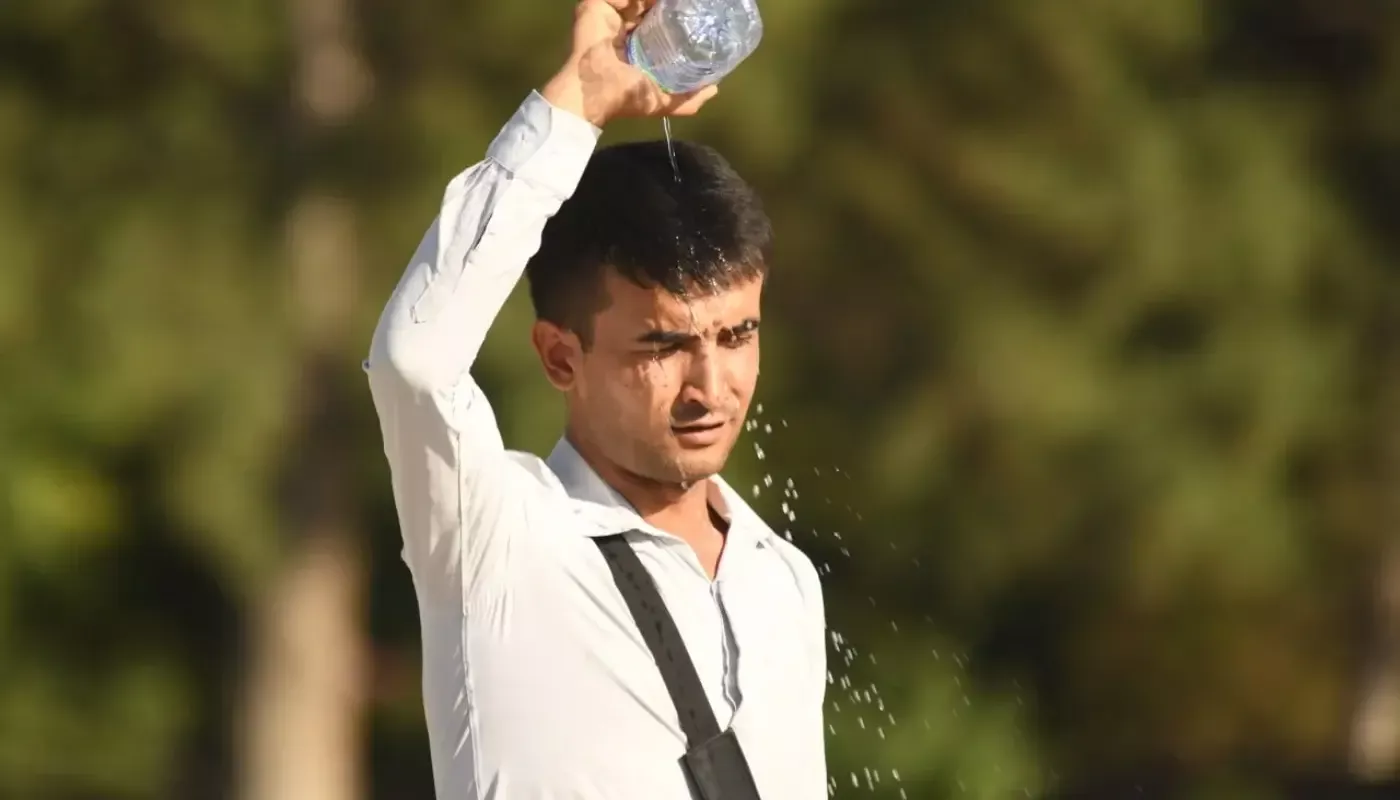
It is expected that until May 16, the temperature in much of Uzbekistan will reach 42–43 degrees Celsius. In this regard, the Ministry of Health has provided some recommendations on how to protect the body from heat.
Heat not only causes discomfort but also poses a serious health risk. In such weather conditions, the body's thermoregulation system is under significant stress, which can lead to the exacerbation of existing chronic diseases or the emergence of heat-related illnesses, including general weakness due to heat and life-threatening heat strokes.
It is noted that high temperatures, especially, negatively affect the cardiovascular system, can accelerate heart rate and increase blood pressure. The body's attempt to maintain a normal temperature leads to excessive sweating, which increases the risk of dehydration.
So, what precautions should be taken?
Abduqayum To‘xtaqulov, head of the Environmental Diplomacy Department of the Ministry of Health, answered this question in detail.

During hot days, it is recommended to stay in closed buildings or cool places as much as possible from 12:00 PM to 4:00 PM, which is the hottest time of the day. During this time, the sun's rays are strongest, and the risk of overheating and sunstroke is high. If it is necessary to go outside, it is advisable to walk in shaded areas, use an umbrella, and plan activities for the cooler parts of the day – in the morning or evening.
It is also important to ensure coolness at home. For example, keep windows on the sunny side closed during the day, open windows at night when the air cools down to ventilate the rooms, and limit the use of household appliances that generate heat, such as ovens, washing machines, and dryers during the hottest times of the day.
Choosing the right clothing in the heat is crucial. It is recommended to wear light, loose-fitting clothes made from natural fabrics (cotton, silk) that allow good air circulation. Avoid clothing made from synthetic materials! Choosing light-colored clothing is advisable, as they reflect sunlight better.
When going outside, wear a wide-brimmed hat and sunglasses for sun protection. Protecting the head from sunlight is very important, as overheating of the brain can quickly lead to heat stroke.
Taking cool showers or baths frequently throughout the day helps lower body temperature. Regular washing ensures effective skin respiration. However, avoid using very cold water, as sudden temperature changes can be stressful for the body and may even lead to pneumonia. Water at room temperature or slightly cool is the best option.
Placing a wet towel or cloth on the skin, especially on the head and neck areas, is also an effective way to cool the body.
Additionally, engaging in heavy physical labor or sports in the heat significantly increases the risk of dehydration, heat exhaustion, and sunstroke. In such conditions, the load on the cardiovascular system increases, which can pose a risk of heart attack or stroke in unprepared individuals.
If possible, it is preferable to engage in sports in air-conditioned indoor facilities. During workouts, it is essential to listen to the body, take breaks frequently, and drink enough fluids. If symptoms such as dizziness, nausea, or severe weakness occur, the workout should be stopped immediately.
Individuals with chronic illnesses (hypertension, heart diseases, obesity) should consult a doctor before engaging in physical activities in the heat.






